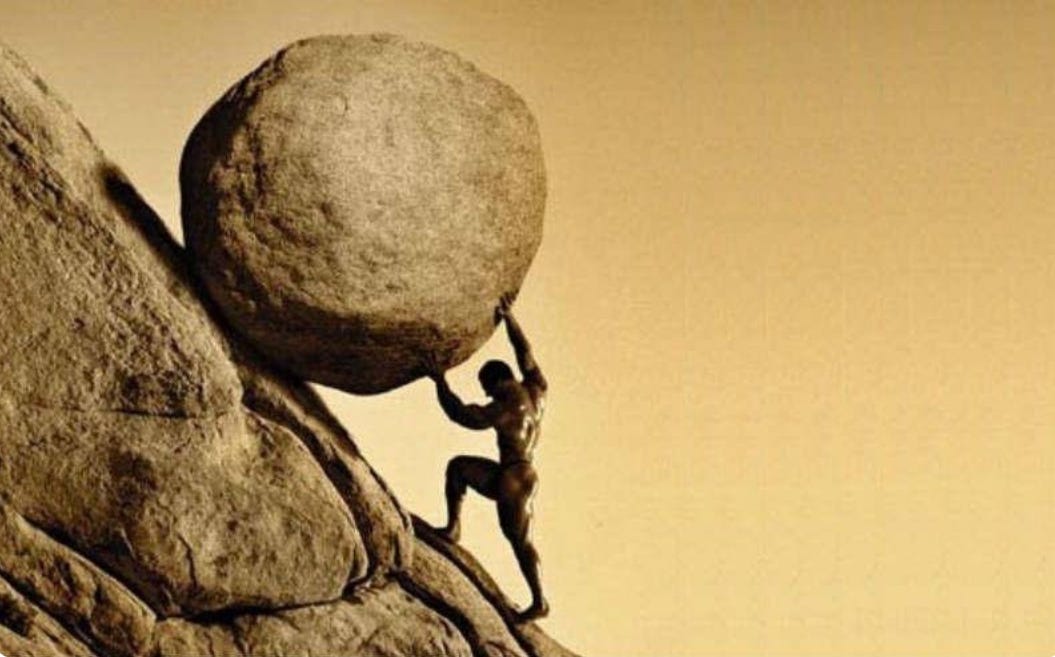Non, Je Ne Regrette Rien!
Amor Fati
In this best of all possible worlds, and in the richest, greatest and most powerful civilization in the history of the world, we accumulate many things during our all too brief lifespans: friends, enemies, possessions, debts, lovers, children, ailments, infirmities, gray hairs, and perhaps most of all, regrets.
Some people never have any regrets, even when they commit horrible acts of murder and theft, and abuse other humans. We call these people psychopaths. So most people, in particular religious people, may come to believe that regret is a good thing - it reminds us of our sins and shortcomings, and, perhaps with the help of God, will motivate us not to do it again.
But many people experience regret about things that are not so much sinful acts or even thoughts, but about things that they failed to do, uncompleted tasks, abandoned goals, missed opportunities. In fact, these are the regrets that occupy our minds at night when we are trying to sleep, during the day as we contemplate our lives and wish we were somewhere else, and that we were someone else. And these regrets are, of course, a huge waste of time, and the cause of much unhappiness.
We cannot change what is past - we can only decide to take action in the present. And the more time we spend regretting the past, the less time and energy we have to live the rest of our lives. And often our regrets keep us from moving forward with our new goals and opportunities, as we look at our past failures as evidence that we cannot achieve what we desire, instead of learning so we do not repeat the mistakes of our past.
But the best way to live is to accept our lives unconditionally, both the highs and the lows, the joys and the sufferings. When you learn to love your fate, you can with great enthusiasm look forward to all of life!





